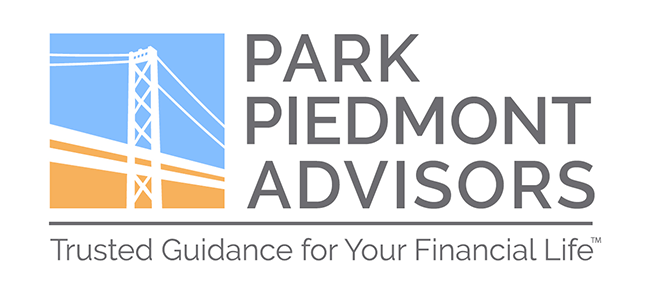For the past 15 years or so, I’ve had a very important hold on my calendar on Wednesdays at 5 pm. If I’m in Chicago, I make it there, with surprisingly few exceptions.
My appointment is at the basketball court in our local neighborhood Jewish Community Center. There, 8-10 middle-aged men gather to stretch, play, sweat, hydrate, rinse and repeat until our access to the gym wraps up at 7 o’clock.

I first got invited to the game by an older friend. At the time, my wife Elizabeth and I had two kids under five. We both had demanding jobs. We both had to commute, 5 days a week, at the start and end of each workday. Our pace of life felt breakneck. When I look back now, I’m amazed and grateful we held it all together.
If you ask me how we – and more specifically, I – made it through that stretch in one piece, playing basketball is near the top of the list.
Now, I get it – you might be thinking, “Tom, so glad you’re having fun re-kindling your junior varsity glory days, but isn’t that just an escape from the demands and responsibilities of real life?” [Author’s note: my younger glory days on the basketball court were few and far between.]
So why do I give such high marks to what’s really the equivalent of adult recess?
It turns out, play is important for everybody – no matter the age or life stage.
What is “play”? The examples are just about unlimited, but it can be boiled down to something you do because it brings you joy or pleasure, without promising a particular outcome.
As a New York Times article phrased it, “A lot of us do everything hoping for a result … It’s always, ‘What am I getting out of this?’ Play has no result.”
According to scholar Peter Gray at Boston College, there are a few key ingredients of “play”:
- Play is something you do because you want to, not because you have to.
- Play is done for its own sake, not for a reward or prize.
- Play has structure – but importantly, it still leaves ample space for creativity.
- Play always involves some element of mentally removing oneself from the “real world.” While players have to be thoughtful about their activity, “the person at play is relatively free from pressure or stress.”
- As a result, the person at play is frequently able to accomplish a mental state called flow. “This state of mind has been shown, in many psychological research studies, to be ideal for creativity and the learning of new skills.”
All of this resonates for me. If you asked me, “Tommy, what do you love about playing basketball?” I’d tell you: I love that when I’m playing, everything else melts into the background. All I’m thinking about is making good passes, hitting open shots, setting good screens, and not getting beat (too often) on defense. Even though we keep score, the focus is always more on process than outcome.

One of the really energizing things about play is that it has so many ways to fit different people. Board games are a way to play. Same with practicing music, or woodworking, or building a sandcastle.
For my wife Elizabeth, who studies and teaches about “play” in her work as a psychiatrist and medical educator, making pottery has been a huge source of fun, escape, and community-building over the years. It’s brought her a lot of joy – and our cupboards, a lot of mugs!
Play has residual benefits, too – we learn new skills, explore areas of interest, build relationships, and get re-energized for the everyday.
It’s interesting that play represents a part of our lives where earning money isn’t really a factor. After all, play isn’t a job. And it’s not a hustle, or something you do for pay or for profit.
On the other hand, it often costs a lot to play: big trips offer one notable example. Do you work, save, and invest in part so you can build time and opportunities for play?
At its bedrock, play connects us with our authentic selves – which in turn allows us to make grounded, thoughtful decisions – particularly with our money.
As we launch Year 2 of our “Life with Money” series, we invite you to consider – and share – the ways you play. When you think about what your money is for, is carving out opportunities for play one of the answers?
Drop us a line and let us know about the relationship between money and play in your own life.
And if you’re in our neighborhood some Wednesday at 5 pm, let me know – you can join my game.
